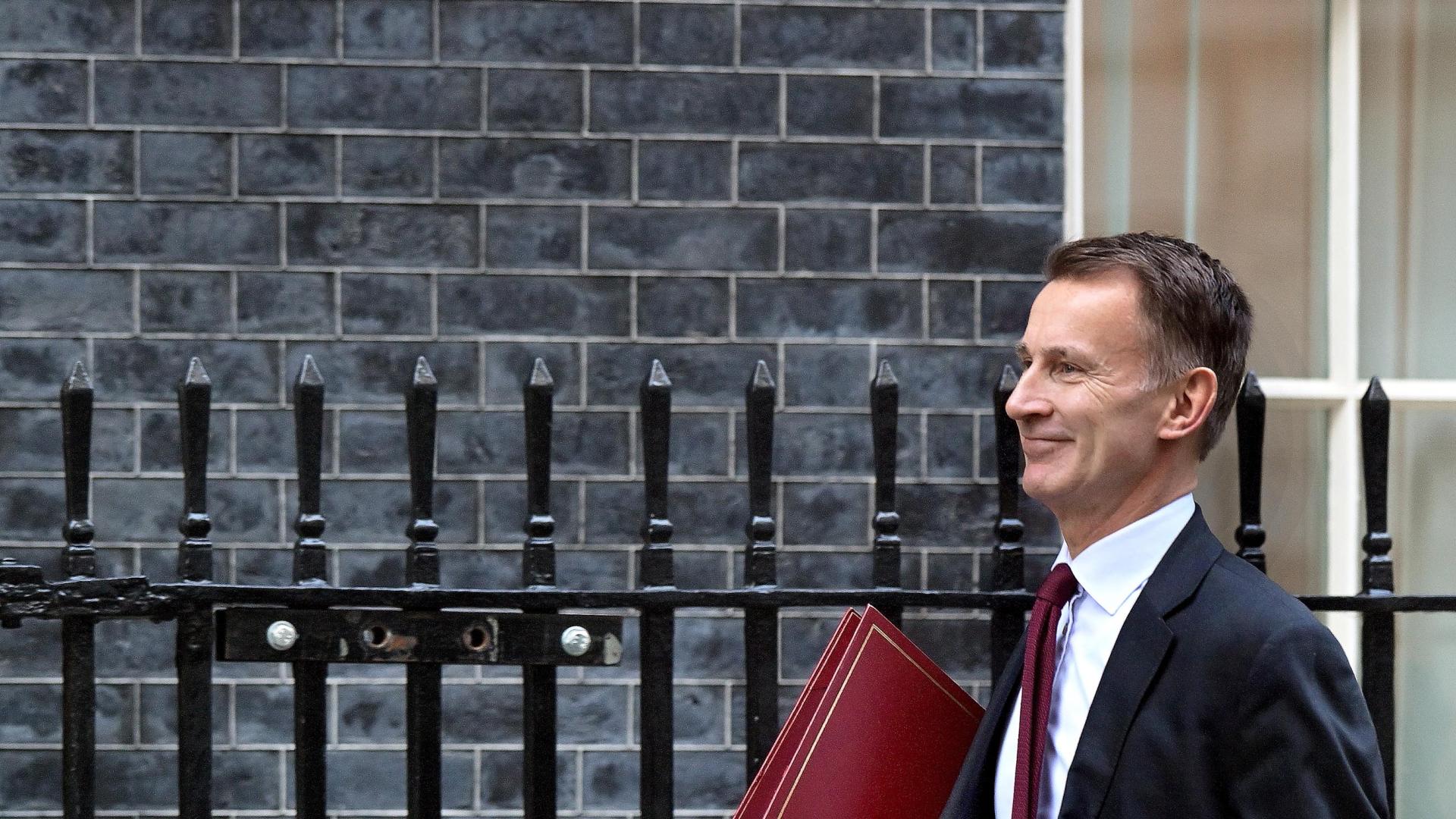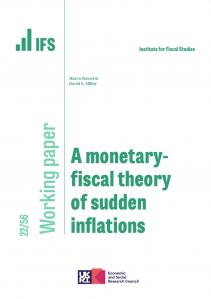
Chancellors don’t respond symmetrically to good and bad economic news. The result is higher debt.
Since 2010, when the Office for Budget Responsibility has presented the government with a windfall – i.e. improved public finance forecasts – successive Chancellors have tended to spend the majority of it, mainly by topping up their spending plans. But when public finance forecasts have got worse, Chancellors have tended to accept higher borrowing, rather than announce offsetting tax rises or spending cuts. The result was tens, if not hundreds, of billions of additional borrowing over the 2010s, and a bigger state than originally planned.
Authors

Senior Research Economist
Isabel works in the Healthcare sector, and on the public finances. Their research focuses on retaining and developing the NHS workforce.
Explainer details
- DOI
- 10.1920/ex.ifs.2024.0022
- Publisher
- Institute for Fiscal Studies
Suggested citation
Stockton, I. (2024). The way Chancellors respond to economic news adds to our debt - here's why [Explainer] Institute for Fiscal Studies. Available at: https://ifs.org.uk/articles/way-chancellors-respond-economic-news-adds-our-debt-heres-why (accessed: 27 April 2024).
More from IFS
Understand this issue

Public investment: what you need to know
25 April 2024

The £600 billion problem awaiting the next government
25 April 2024

Spring Budget 2024: the Chancellor’s options
Policy analysis

Oil and gas make Scotland’s underlying public finances particularly volatile and uncertain
27 March 2024

Spring Budget 2024
6 March 2024

Health spending planned to fall in England and Scotland in 2024–25, suggesting a top-up likely
4 March 2024
Academic research

A monetary-fiscal theory of sudden inflations
20 December 2022

6th World Bank/IFS/ODI Public Finance Conference | Driving Progress: Public Finance and Structural Transformation

Call for papers: 5th World Bank/IFS/ODI Research Conference
3 April 2023